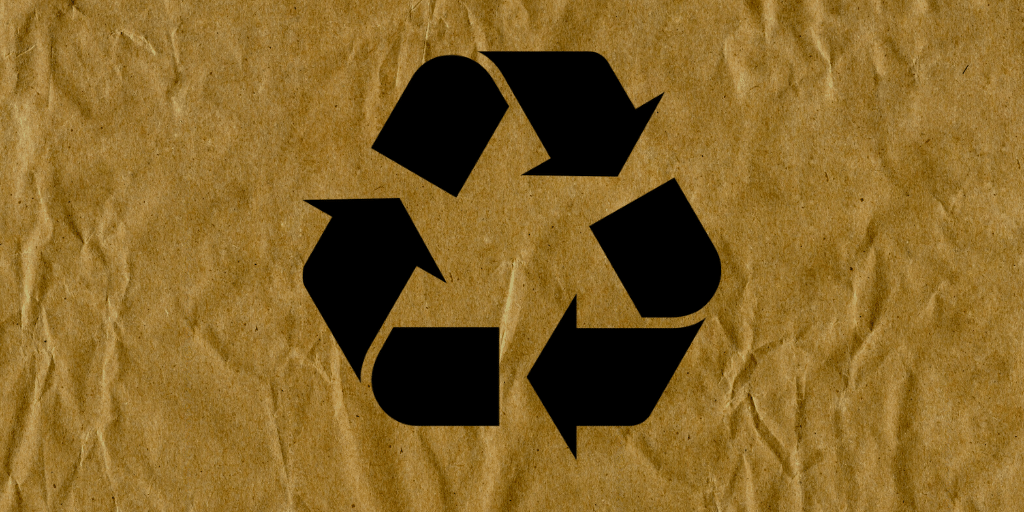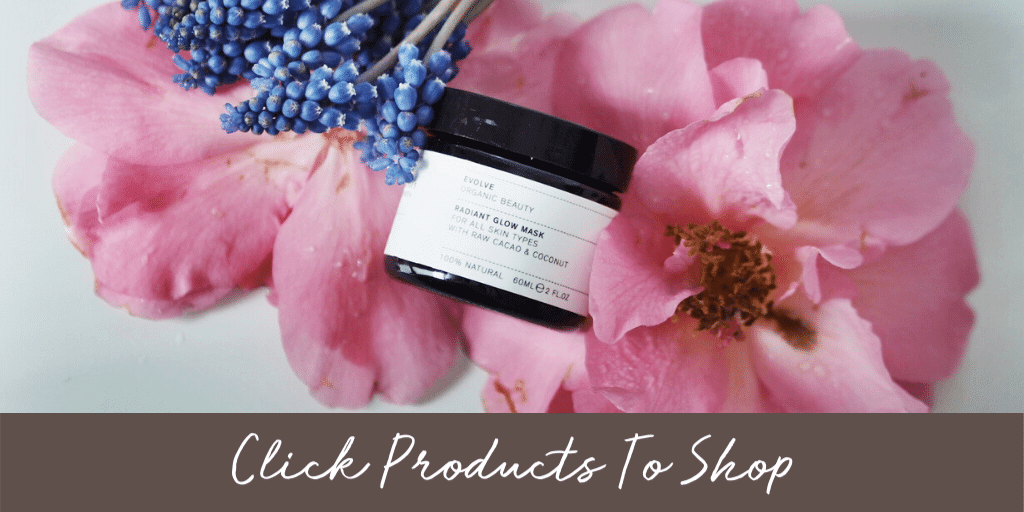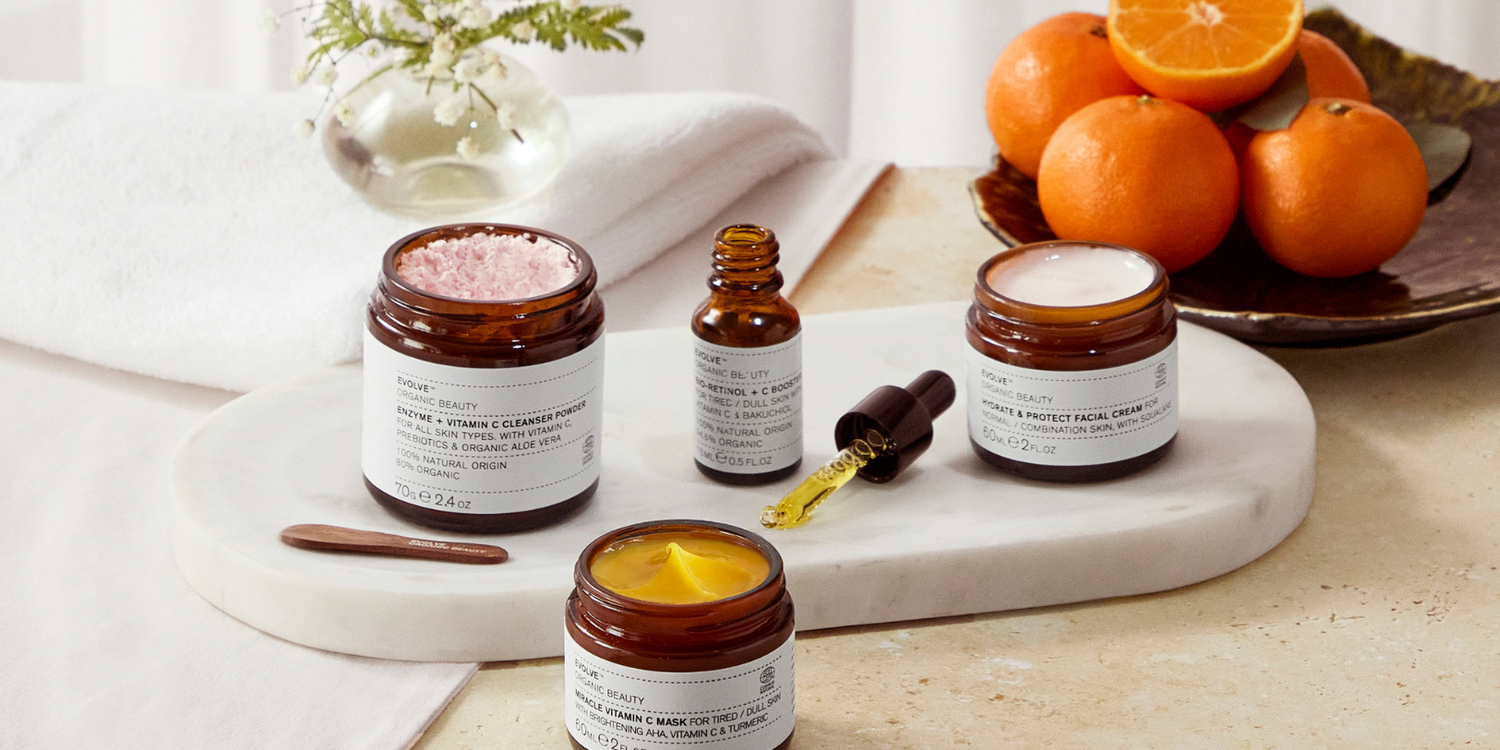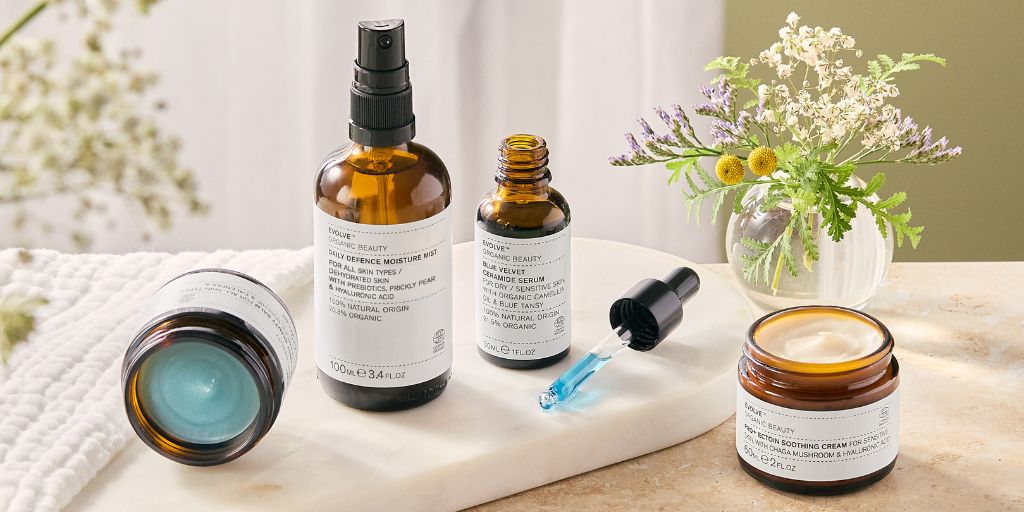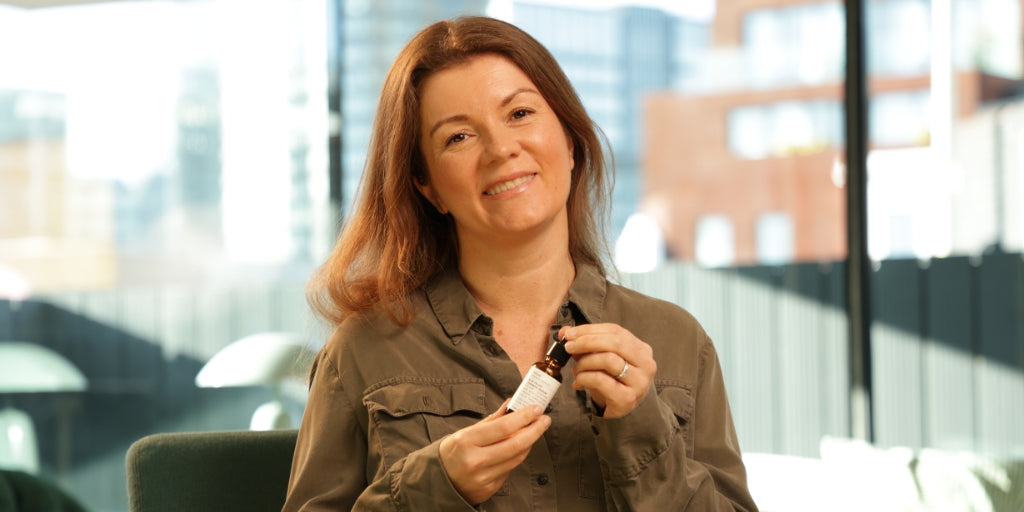Although it seems like something we have simply added into our daily routines, a lot of people are still asking what is recycling. Day to day we all recycle our general household waste, but what little things can we incorporate into our lives to make an even bigger change?
Here at Evolve we strive to be as green and sustainable as possible, and we want to make it simple for our customers to be too!
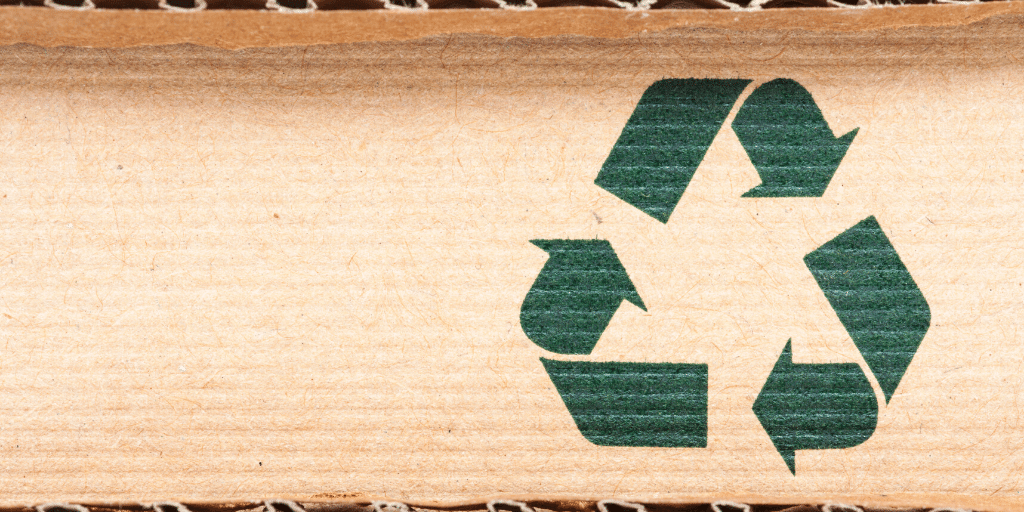
What is Recycling?
Recycling is the act of turning waste into materials that can be used to create new products.
Why Do We Need to Recycle?
Simply, we need to recycle to stop all of our waste going to landfill.
The average UK household produces 1 tonne of waste a year, so for the whole of Britain that equates to 31 million tonnes a year.
When a product ends up in landfill, not only is it adding to an ever rising mountain of waste, but it can also create water pollution and greenhouse gases - further damaging the environment.
What Can be Recycled?
You may think that you know exactly what to and what not to recycle, but would it surprise you to know that two thirds of UK households don’t know what bin to put some items in?
Or that almost half of all UK households throw away some items that could actually have been recycled.
So, to help you make sure you are recycling everything you possibly can, here is a handy breakdown of which materials can be recycled.
What types of paper can be recycled?
- Brown Paper
- Non-shiny Wrapping Paper
- Magazines and Newspapers
- White Paper
- Envelopes (including ones with plastic windows)
- Cardboard Boxes
- Remember: you can only recycle dry paper
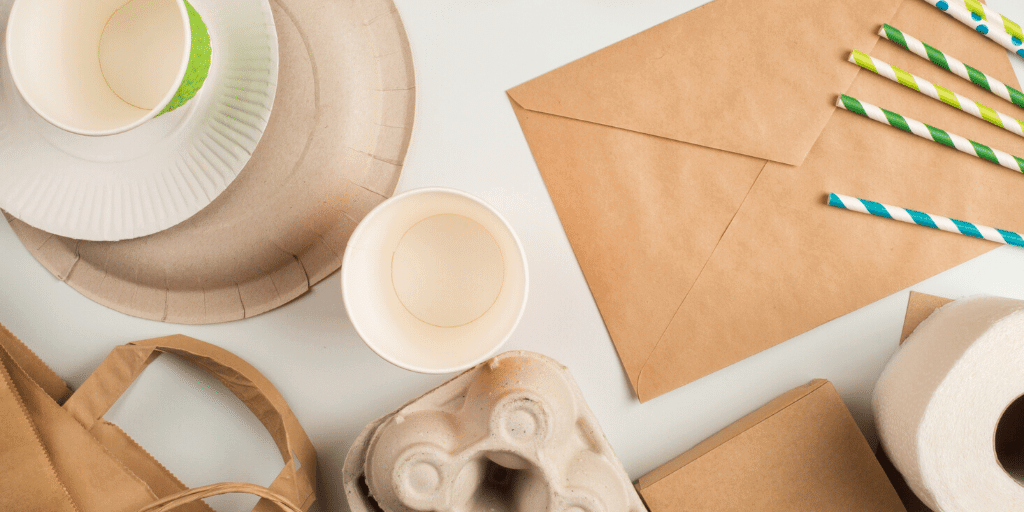
What types of plastic bottles can be recycled?
- Milk Bottles
- Drinks Bottles
- Shampoo and Shower Gel Bottles
- Soap Bottles and Detergent Bottles (without the pump)
- Cleaning Product Bottles (including nozzle)
- Skin Care Product Bottles
- Plant Food and Pesticide Bottles
What other plastics can be recycled?
- Pots e.g. Yoghurt Pots
- Tubs e.g. Butter or Ice Cream
- Trays e.g. Ready Meal Food Trays
- Biscuit and Chocolate Trays
- Brown Plastic Plant Pots
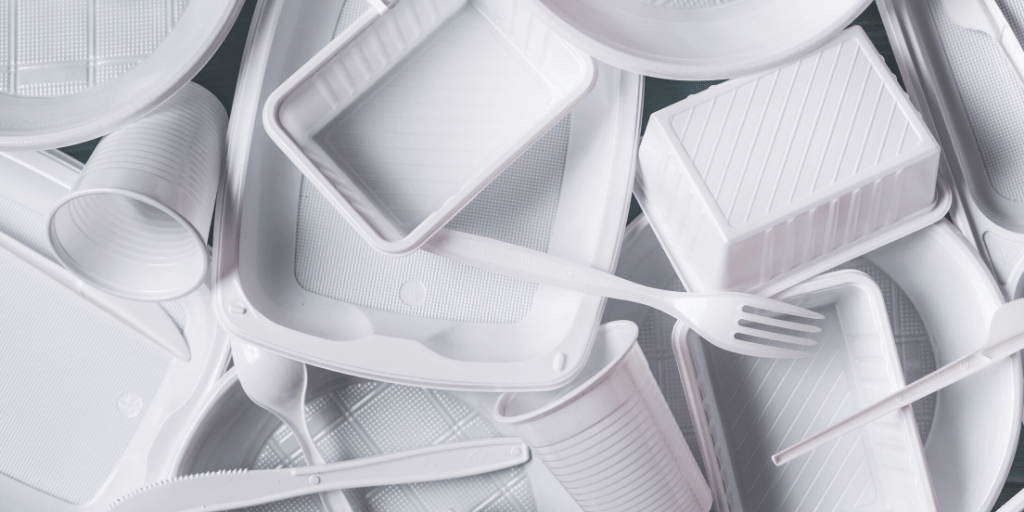
What types of metal can be recycled?
- Drinks Cans
- Food Tins
- Chocolate and Biscuit Tins
- Aluminium Foil
- Aluminium Trays
What type of glass can be recycled?
- Bottles
- Jars e.g. Jam
- Non- Food Bottles Such as Perfume
This is accurate for most UK households but it’s still a good idea to double check with your local council!
What Cannot Be Recycled?
Although a lot of products can be recycled fairly easily, there are some pesky items that unfortunately can’t.
What paper products can’t be recycled?
- You CANNOT recycle wet paper or cardboard
- Nappies and sanitary products (recycling centers list these as paper because of the inner tissue layer of the product)
- Cotton Wool and make up pads
- Sticky paper such as post it notes
- Shiny or glittery wrapping paper
What plastic products can’t be recycled?
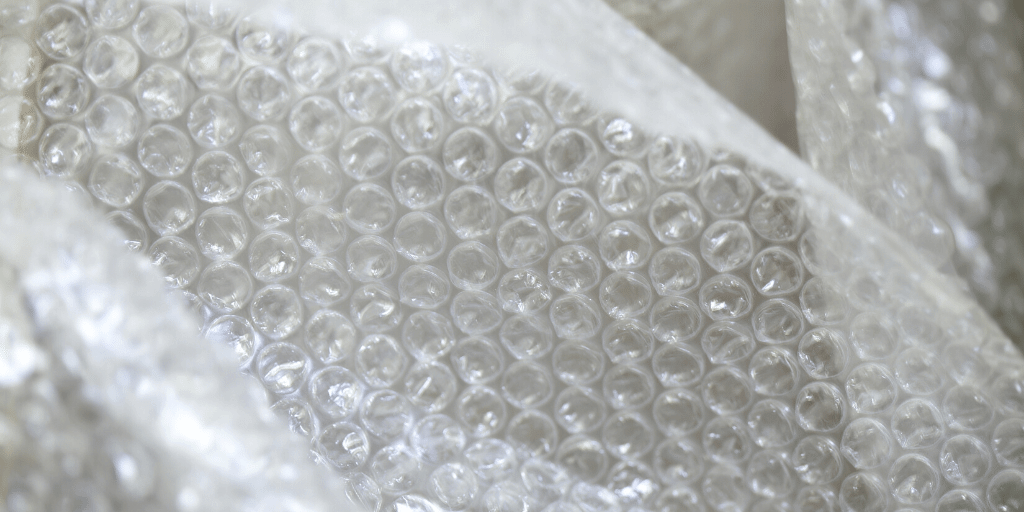
- Bottles which have contained chemicals such as antifreeze
- Sweet wrappers
- Bubble wrap
- Plastic toys
- Blister packs for medicine e.g. paracetamol
- Toothpaste tubes
- Polystyrene
What metal products can’t be recycled?
- Crisp packets
- Laminated foil
What type of glass products can’t be recycled?
- Cookware e.g. pyrex
- Drinking glasses
- Vases
- Microwave plates
- Nail varnish bottles - because the difficulty of removing the polish from the bottle.
It is always best to check with your local council on what products they can recycle and where, as some councils can differ.
What Do Recycling Symbols Mean?
We always see these different symbols on our recyclable goods - but does anyone actually know what they all mean? Yes, these little symbols can get confusing but it is important to find out what they mean because it can tell you a lot about the product.
Mobius Loop

These green arrows mean that the product is able to be recycled. Sometimes there will be a number in the middle of the arrows - this is just to show you what percentage of the product was made from recycled materials.
Plastics
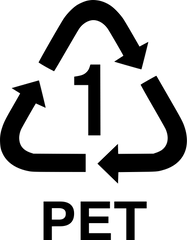
This is the same as the Mobius Loop other than the fact that it is black rather than green and has some added info.
Plastics tend to be placed into one of seven categories, each one a different material that is either easier or harder to recycle.
Let's break it down further:
1 = PET Polyethylene Terephthalate - widely recycled.
2 = HDPE - High-Density Polyethylene - widely recycled.
3 = PVC - Polyvinyl Chloride - hard to recycle, check with your local authority.
4 = LDPE - Low-Density Polyethylene - hard to recycle, check with your local authority.
5 = PP - Polypropylene - hard or not possible to recycle, try to avoid.
6 = PS - Polystyrene or Styrofoam - hard or not possible to recycle, try to reuse or avoid it.
7 = Other - usually a mix of various plastics which makes it difficult to recycle.
Widely Recycled
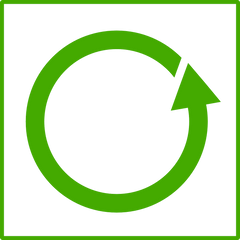
This symbol simply means that the product is recycled by 75% or more local authorities in the UK.
Financial Contribution
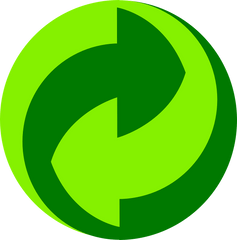
This symbol does not necessarily mean that the product is recyclable. What it actually means is that the manufactures have made a financial contribution to recycling services in Europe.
Tidyman
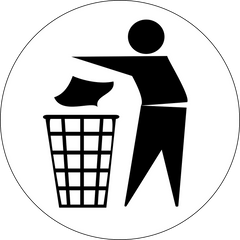
This symbol came as part of the Keep Britain Tidy initiative. Like the symbol above, this has nothing to do with recycling and simply acts as a reminder for people to dispose of their waste properly.
Check Locally
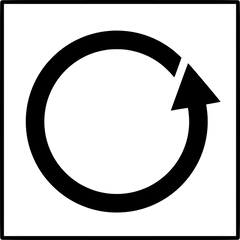
This means that the product is recycled by 20-75% of the UK so the best thing to do is check with your local council.
Forest Certified
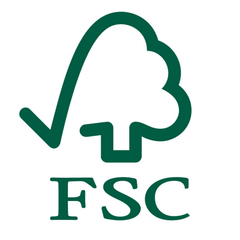
FSC stands for Forest Stewardship Council. This symbol means the material of the product has been made by wood sourced from a responsibly managed forest that complies with the FSC’s guidelines.
Aluminium
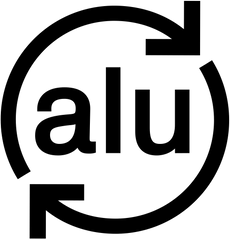
This means that the product is made from recyclable aluminium - including foil.
Compostable
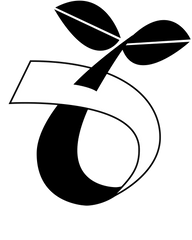
This symbol means that the item is compostable. Remember that these items cannot go into normal recycling bins - these will have to go into garden waste.
What Happens to Popular Items When They Are Recycled?
It’s all well and good learning which products we can and can’t recycle - but what happens to all the most popular items? What do they become?
Textiles
Textiles are first sorted into what can and can’t be reused. Those that can’t be reused are often sent to Dubai and the Ukraine for further recycling. Those items that can be reused are mostly sent to Africa and Eastern Europe.
Mostly, textiles are recycled into items such as industrial rags, felt and other materials.
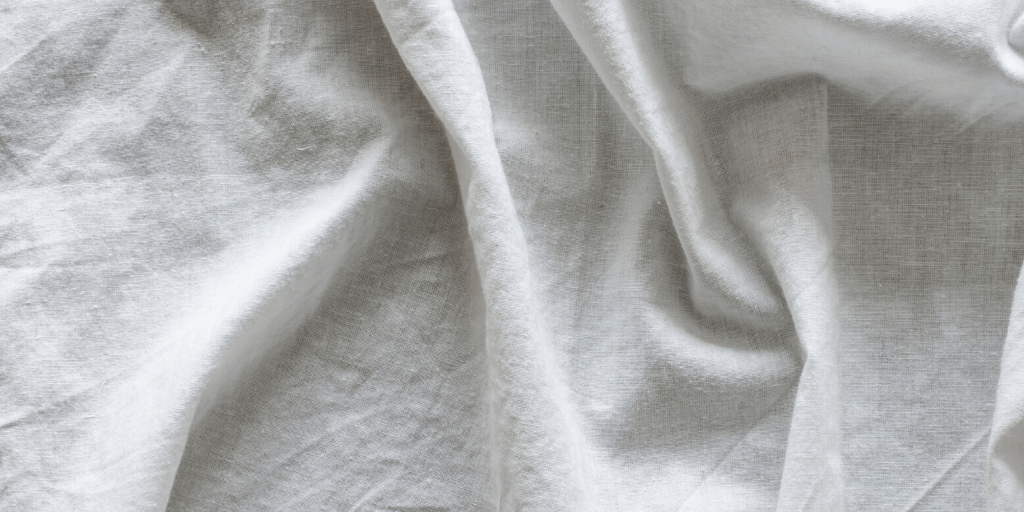
Plastics
Plastics are broken down into further categories of plastic bottles and mixed plastics such as plastic pots and plastic trays.
Plastic bottles are often sent to a facility in the UK where they are washed and chipped, then made into plastic pellets to create new bottles.
Mixed plastics can be sent to both the UK and overseas to be manufactured into new products.
Glass
Glass is often sent to various places in the UK such as Derbyshire, Buckinghamshire and Yorkshire as well as abroad in the Netherlands. Here the glass is processed into pellets and can then be reused for either bottle manufacturing or in road construction.
Cans and Tins
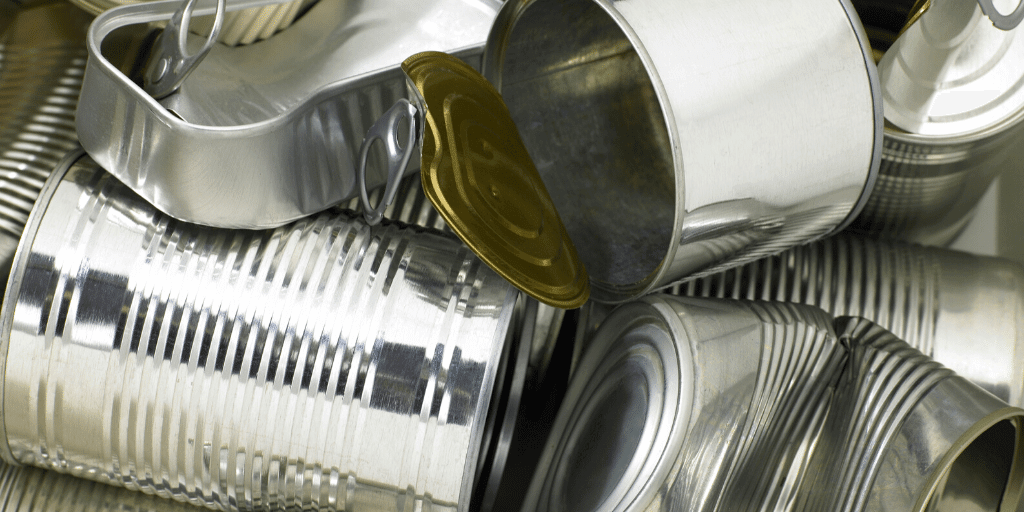
Cans and tins are often sorted into two categories - steel and aluminium. They are then sent to various UK locations such as Swansea, Derby and Essex to be further recycled. These are then used to create new metal products.
What are the Benefits of Recycling?
There are numerous benefits of recycling - for both you and the planet.
By recycling we are reducing waste that goes into landfill, which can drastically improve nasty emissions that come from these sites - such as methane.
We can also help retain a lot of Earth’s natural materials.
When we recycle we reuse materials to create new products. If we didn’t recycle then we would be consuming more and more of the planet’s natural resources, and eating into its natural habitats in the process.
Recycling can also help in the battle against climate change. Using recycled materials to manufacture new products uses less energy than creating products from brand new raw materials.
That’s why here at Evolve every piece of card and paper we use (from packaging to marketing materials) is FSC (Forest Sustainability Certified) to help limit deforestation and ensure forests are sustainably managed.
Using less energy reduces greenhouse gases which in turn helps in the battle against climate change. It is also estimated that current UK recycling could save more than 18 million tonnes of Carbon Dioxide a year, which is the equivalent of taking 5 million cars off the road - pat on the back for us!
What is Upcycling?
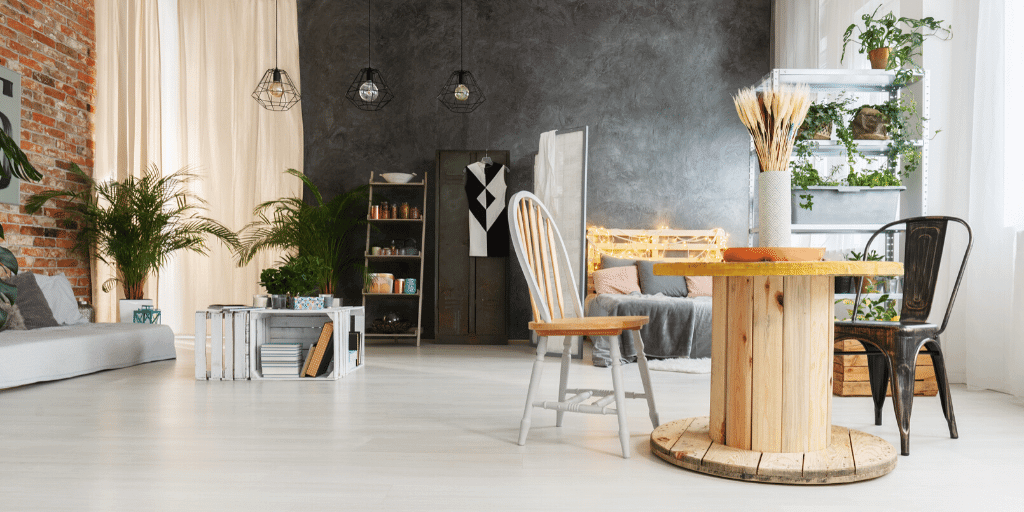
Upcycling is a form of recycling where instead of turning waste into new materials, you can take a product that you would otherwise throw away and give it a new use in life.
Rather than recycle using a recycling bin, you can use your creativity to update and renew old items.
A simple example to explain the difference between upcycling and recycling would come in the form of old glass jars.
You may have cooked a lovely pasta dish for your dinner, and realised that you’ve been left with the glass sauce jar.
You may then wash it out and pop it into the glass recycling bin so it can be reused to create new materials. But, if you wanted to upcycle the jar you could wash it out and use it as a desk tidy, or make up brush storage.
This gives it a new lease of life and a new handy product for you to use.
How Can You Upcycle Used Products?
Upcycling is a huge trend at the moment, with the Instagram hashtag #upcycling having almost 2m posts. It is filled with amazing posts to give you all the inspiration you need to start upcycling goods of your own. From repainting old furniture to create a new aesthetic, or even using fabric from old clothes to jazz up some boring lampshades.
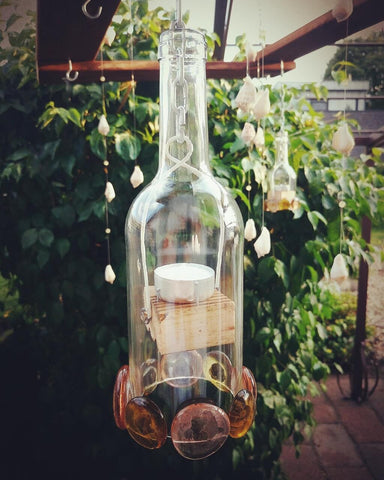
Upcycling can also be a great activity to introduce children to recycling! Rather than just putting waste into bins you can bring arts and crafts into the mix and create new and exciting things for them to enjoy and make for themselves!
The beauty of upcycling is that there is no limit on what you can make. If you want to build a treehouse from old garden furniture - then great. Or if you just want to paint an old pot to make your new houseplants look that bit prettier - then that’s great too.
Whatever you can do is a big help in taking steps forward with recycling.
How You Can Bring Recycling into Your Skincare Routine?
There are so many ways that you can bring recycling into your skincare routine.
The first and probably the easiest way would be by using products that are either plastic free or are made from recycled or recyclable materials.
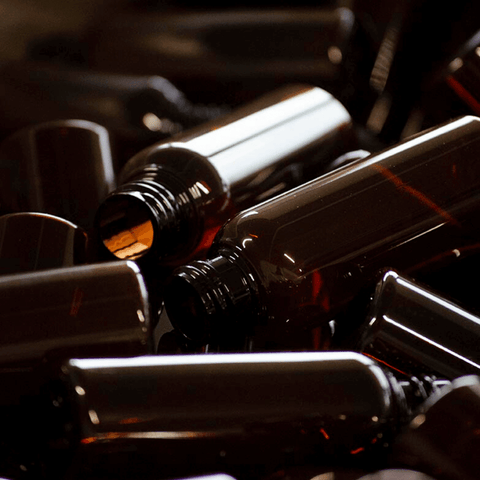
Another great way would be to use brands that supply refills of products so that you can reuse all of your bottles and save them from being thrown away with every use. This way could probably also save you some money as refills are often cheaper than buying the full product over and over again.
One of the most problematic items for the environment within the beauty and skincare industry is make up wipes. A simple solution would just be to stop using them. Here at Evolve we always promote using reusable cotton pads to apply any products. These are great as rather than throwing them away you can pop them into the washing machine and use them time and time again.
Cotton pads and make up wipes are some of the items that can’t be recycled so this is a great alternative. It’s also a win win for you as you’re saving money and the environment at the same time!
You can also upcycle any containers that your products come in. Here at Evolve our glass pots look lovely filled with plants and popped onto your desk or windowsill. This is what we’ve done to decorate our lovely eco studio!
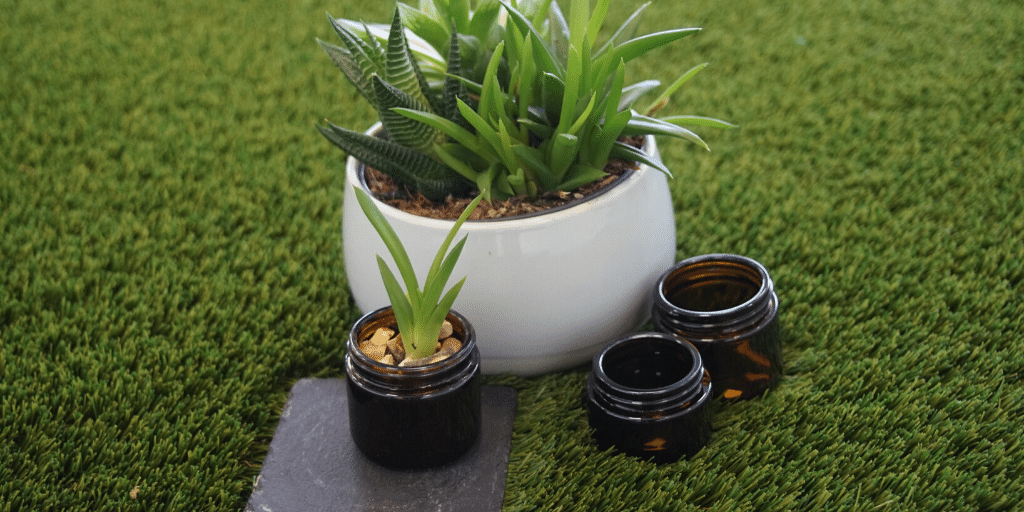
What Do We Do in the Office?
Here at Evolve we strive to be as green and sustainable as possible, and we want to make it simple for our customers to be too! That’s why all of our products are natural and organic, with recycled packaging and ethically sourced ingredients.
Our Eco Studio
We have also just moved into our wonderful new eco studio, which has enabled us to continue to improve our green credentials. This means we only use sustainable energy sources and have eco-friendly motion activated LED lighting.
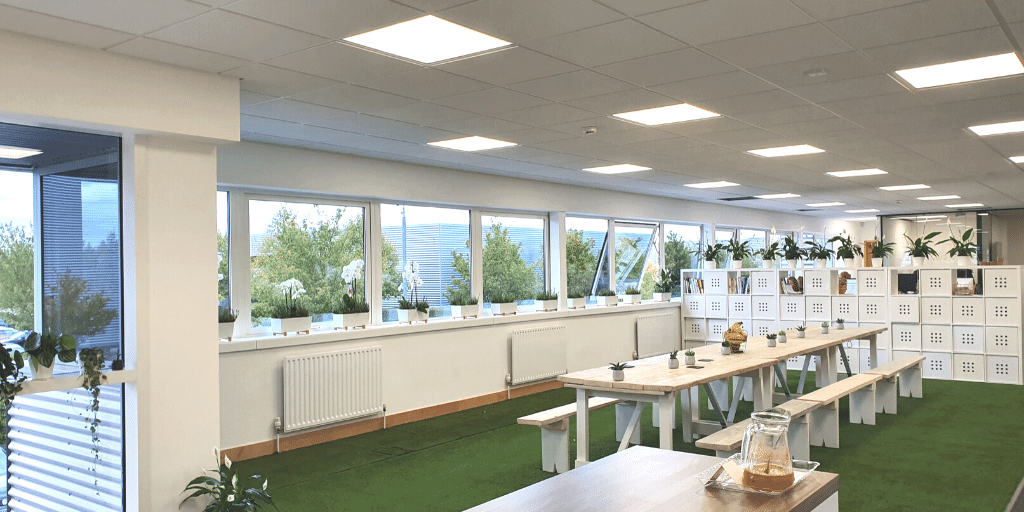
Our studio is furnished with sustainable flooring. We’ve used recycled carpet, recyclable non-slip flooring and we even have recycled astro turf in our break area. This is reminiscent of grass which really makes the area feel a lot more relaxing and natural, and helps make lunchtimes so peaceful!
Packaging
Our glass is fully recyclable and we use recycled card for all of our cartons.
When it comes to some of our plastic, we opt for 75% to 100% recycled PET plastic, which (unlike PVC) is fully recyclable and if it does unfortunately end up in landfill, it doesn't leach any chemicals into the soil.
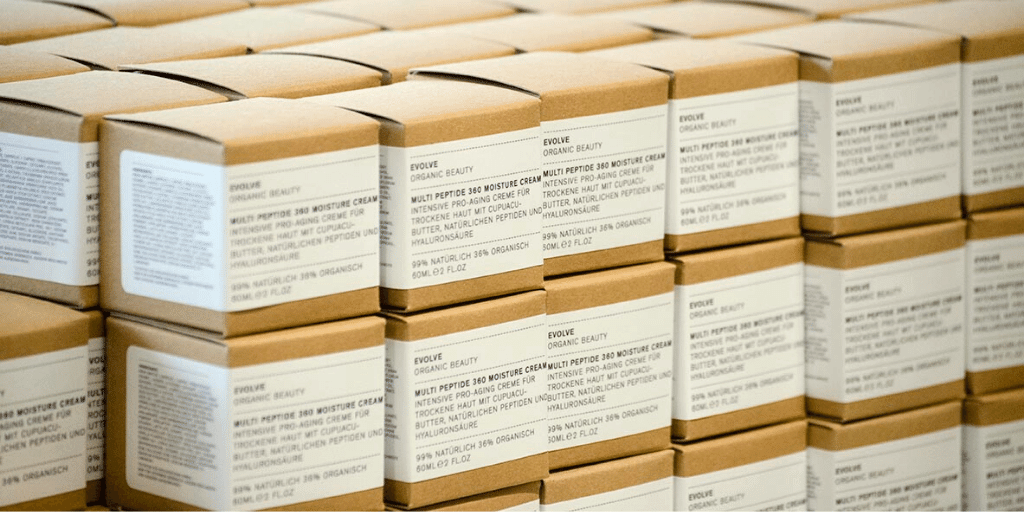
Ingredients
All of our ingredients are sourced from as close to home as possible, and we screen all of our ingredients to check its clean, eco and ethical credentials.
When it comes to our more exotic ingredients we buy them in powder form. This avoids transportation of any excess water and means only the core ingredients are shipped.
One thing that we never have or never will do is use plastic microbeads in any of our products. Instead we use natural exfoliants such as sugar granules or upcycled blueberry particles. This means that we can take part in protecting our oceans. Our Radiant Glow Face Mask is a brilliant example of how upcycled ingredients such as blueberry particles can be used to buff the skin and create a silky finish.
Hopefully this guide has given you all the info you need to help you make the most of your old products and cleared up exactly what you can and can’t recycle. We’re always looking for more ways to be sustainable and green here in the office, striving to do even more for our wonderful planet. In the meantime, if you upcycle any of our product containers then we’d love to see what you’ve done! Tag us on Instagram using @evolvebeautyuk.
Our Sources
Here is a helpful list of all of our information sources for this blog. Feel free to learn more and read on!


